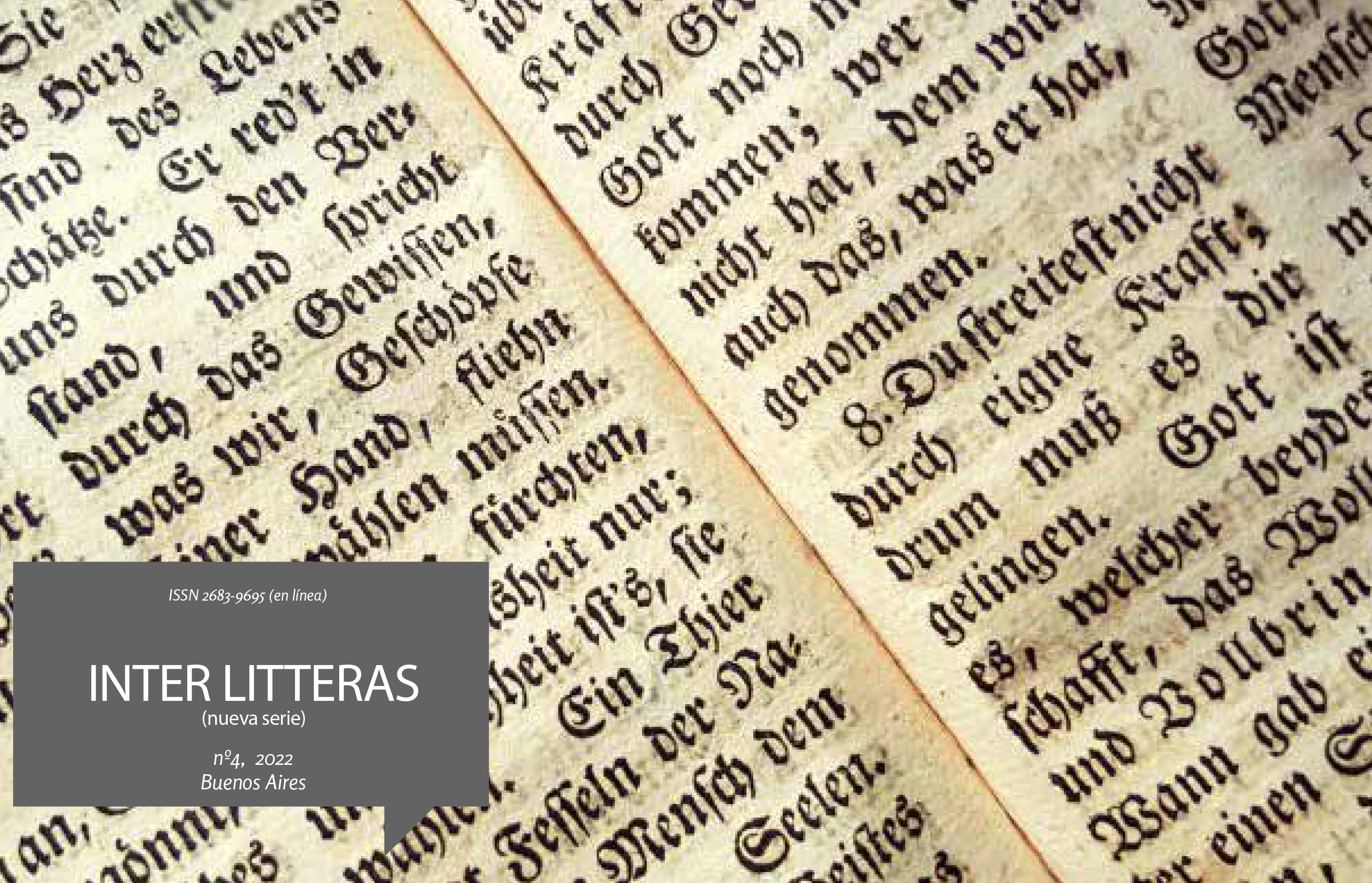Identidad y diversidad en los Eslavos del Sur durante la Segunda Guerra Mundial
Abstract
The Second World War in the Yugoslav territory motivated a popular resistance that was a basis of the future national socialist state in that region. The partisan movement might confront menaces from inside and outside but, who were the partisans and how they became central figures and heroes of the Popular Republic of Yugoslavia? In this article, it is going to inquire about the Yugoslav and partisan identity and ponder how the diversity was an element that went hand in hand with the union of the people for the defense of their land. Approaching Maria Todorova, Néstor Garcia Canclini and other authors, it is going to think about the multicultural and hybridization in the region, to then raise the importance of literary production by those who were either social actors or participants in the war. In this way, it seeks to provide starting points of the importance for a research about the partisan literature as new literary genre, and one of the basis in the new project of a socialist nation among the South Slavic people.Downloads
Download data is not yet available.
Published
2022-08-12
How to Cite
Arraigada, P. (2022). Identidad y diversidad en los Eslavos del Sur durante la Segunda Guerra Mundial. Inter Litteras, (4). https://doi.org/10.34096/interlitteras.n4.11647
Issue
Section
Dossier La identidad nacional y la literatura en el mundo eslavo










